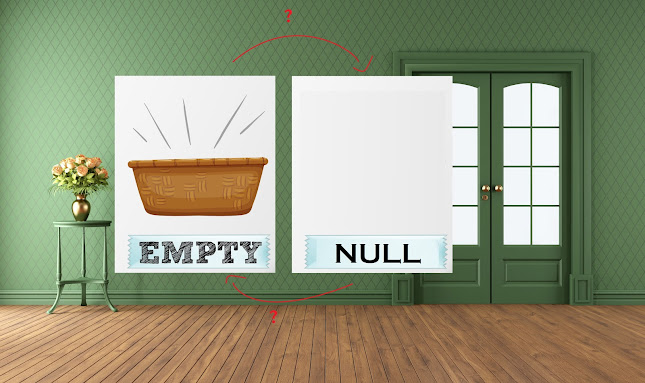The Importance of Checking for Null Values and the Order of Conditions in Java

If you have been programming in Java for a while, you have probably encountered NullPointerExceptions at some point. NullPointerExceptions occur when you try to call a method or access a variable on a null object reference. In this article, we will discuss a common cause of NullPointerException and how to avoid it. Consider the following code: !foundEmployeeFromAPI.getFirstName().isEmpty() && !foundEmployeeFromAPI.getFirstName() == null This code is checking whether the firstName field of the foundEmployeeFromAPI object is not empty and not null. However, if the firstName field is null, then we will have a NullPointerException in Java. This is because we are calling the isEmpty() method on a null object reference. To avoid this issue, we should first check if the object reference is not null before checking if it is empty. Here is the corrected line of code: foundEmployeeFromAPI.getFirstName() != null && !foundEmployeeFromAPI.getFirstName().isEmpty() To summarize...
